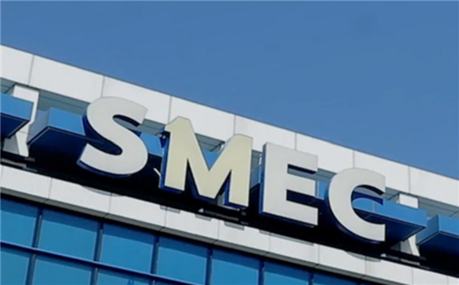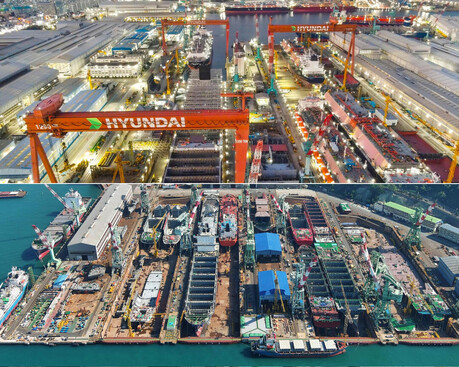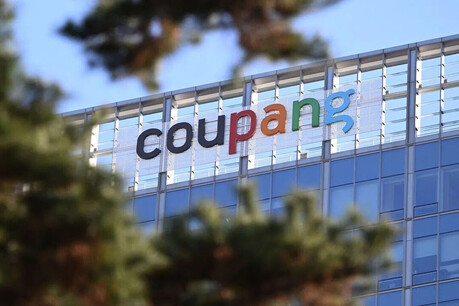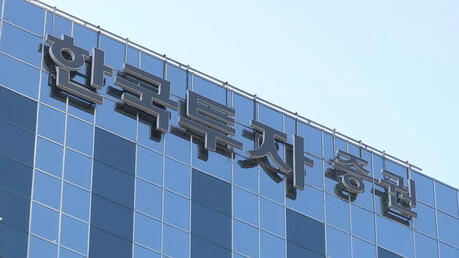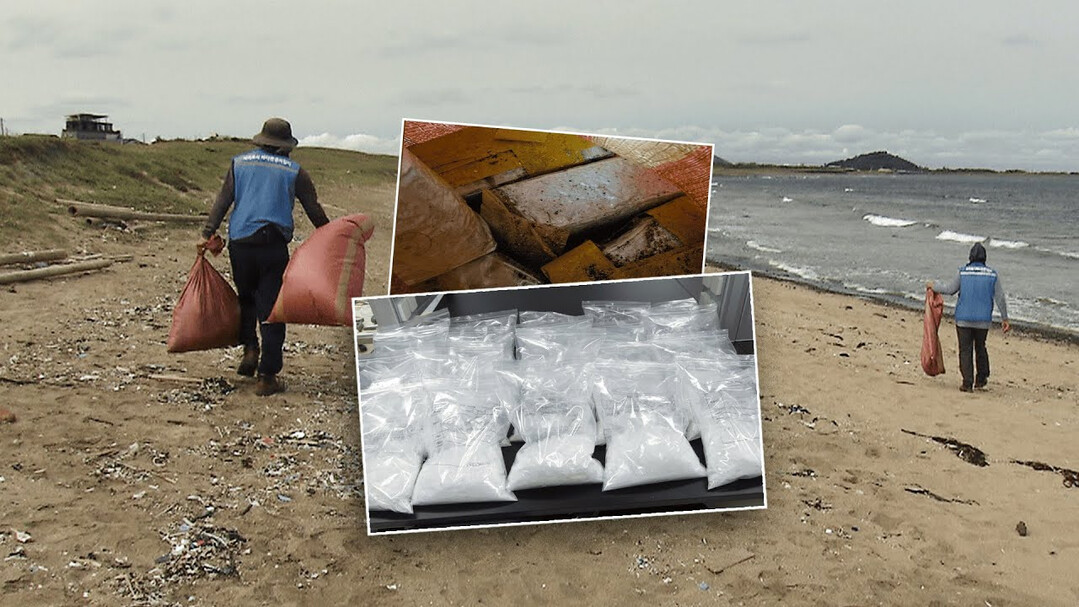
(C) Youtube
JEJU, South Korea – The idyllic coastline of Jeju Island is facing a serious security threat following the repeated discovery of narcotics disguised as tea packages washing ashore. In response to the escalating situation, various law enforcement and administrative agencies convened an emergency meeting on November 7 to coordinate a comprehensive strategy against the illicit drug influx.
The meeting, held at the Jeju Regional Coast Guard Headquarters, brought together representatives from the Jeju Regional Coast Guard, the Jeju Police Agency, the Jeju Provincial Government, Jeju Customs, and the National Intelligence Service (NIS). The core focus of the discussion was to analyze the current status of drug discoveries and establish a swift, unified response mechanism across all involved organizations.
The central resolution from the meeting is the launch of an intensive, large-scale search operation along the island’s coastlines set to begin next week. This massive undertaking will involve joint teams comprising personnel from the Coast Guard, police, provincial government, and military forces. The proactive search aims to intercept any further packages that may have drifted in, stemming the flow of narcotics before they can enter the local community.
Since late September, the authorities have recorded five separate instances of drug packages being found on Jeju's beaches and at Jeju Port. The drugs, primarily the powerful dissociative anesthetic Ketamine, were consistently packaged in brick-like, sealed plastic, often disguised with the Chinese character for 'tea' (茶) or wrapped in what appeared to be Oolong tea packaging.
The first major discovery occurred on September 29 in Seongsan-eup, Seogwipo, where 20 kilograms of Ketamine, each unit wrapped in 1 kg bricks, were found bagged in a sack. This was followed by subsequent findings: 1 kg of Ketamine in a tea bag package on October 24 in Aewol-eup; similar 1 kg bricks found on October 31 and November 1 in Jocheon-eup and at Jeju Port; and another 1 kg package reported by an angler in Jocheon-eup on November 4.
The sheer frequency and similarity of the packaging strongly suggest a single source or network, with authorities hypothesizing the packages were either lost during a maritime smuggling operation or deliberately discarded, allowing ocean currents to carry them to the island.
The repeated, seemingly random discoveries on public beaches frequented by residents and tourists have raised significant concerns about the potential for accidental acquisition, illegal distribution, and subsequent drug use.
In light of this public health and safety risk, the participating agencies have committed to distributing widespread flyers and public advisories. These campaigns strongly urge the public—including locals, tourists, and maritime workers—to immediately report any suspicious objects found on the coast and, critically, to avoid touching or opening them.
A Jeju Coast Guard official confirmed the strengthened approach: “This conference has established a rapid and organic response system between the relevant agencies. We will intensify our sea and coastal searches. We implore the public: if you encounter a suspicious object on the coast, do not touch it and report it immediately.”
The ongoing investigation is focused on determining the origin of the drug consignment and the exact maritime route used, potentially involving international cooperation given the scale and nature of the smuggling attempt.
[Copyright (c) Global Economic Times. All Rights Reserved.]





















